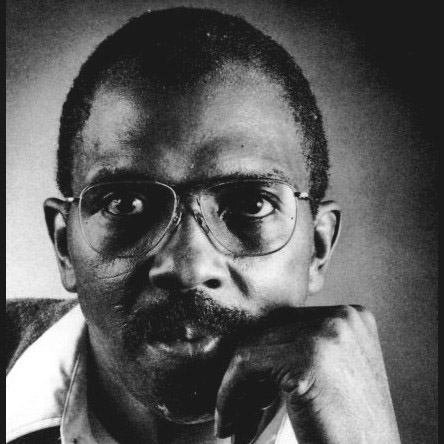Compose for Red a proper verse;
Adhere to foot and strict iamb;
Control the burst of angry words
Or they might boil and break the dam.
Or they might boil and overflow
And drench me, drown me, drive me mad.
So swear no oath, so shed no tear,
And sing no song blue Baptist sad.
Evoke no image, stir no flame,
And spin no yarn across the air.
Make empty anglo tea lace words—
Make them dead white and dry bone bare.
Compose a verse for Malcolm man,
And make it rime and make it prim.
The verse will die—as all men do—
but not the memory of him!
Death might come singing sweet like C,
Or knocking like the old folk say,
The moon and stars may pass away,
But not the anger of that day.
Published:
1986
Length:
Regular
Literary Movements:
Black Arts Movement
Anthology Years:
2023
Themes:
Agency
Identity
Poems of Place
Racial Injustice
Literary Devices:
Alliteration
the repetition of the same letter or sound at the beginning of words appearing in succession
Allusion
an expression designed to call something to mind without mentioning it explicitly; an indirect or passing reference
Personification
the attribution of human qualities to a non-human thing
Repetition
a recurrence of the same word or phrase two or more times
Rhyme
correspondence of sound between words or the endings of words, especially when these are used at the ends of lines of poetry

